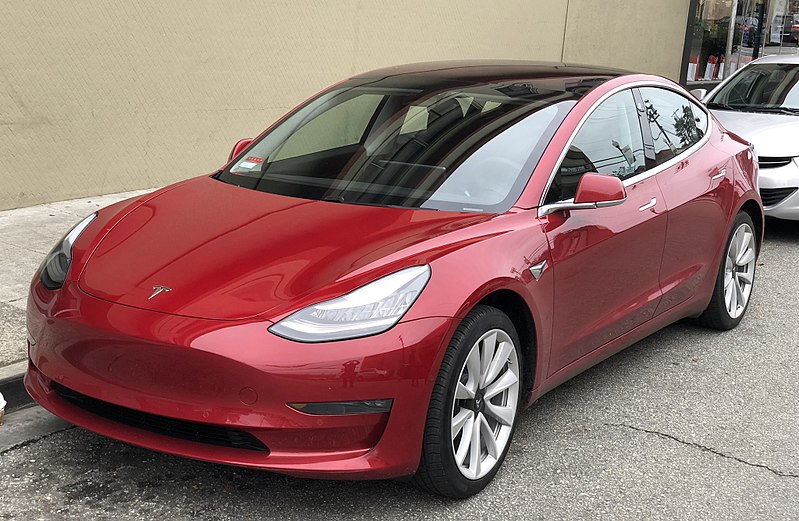Most American automobiles are powered by internal combustion engines: Gas or diesel goes in, tiny explosions power pistons and turn a crankshaft, the car moves forward, and carbon dioxide goes out.
But a growing chorus of environmental activists, business analysts and auto executives are predicting a sea change as battery-powered electric vehicles grow in popularity.

Going electric is not just an eco-friendly goal, an ambition that would help fight climate change. It’s a business reality, according to industry analysts. But if the general path ahead is widely agreed on, the speed of the change — and the role that combustion vehicles will play during the transition — is far from clear.
‘You cannot stop it any more — it’s coming’
“Electrification, you cannot stop it anymore — it’s coming,” says Elmer Kades, a managing director with the consulting firm AlixPartners. “We have fantastic growth rates, between 50 and 60 percent on a global level.”
Electric vehicles are currently a tiny fraction of the car market, which is dominated by internal combustion engines. But many more electric car models will hit showrooms in the next few years, and several factors have analysts convinced that is part of a major transition in the industry.
Read more: National Public Radio
